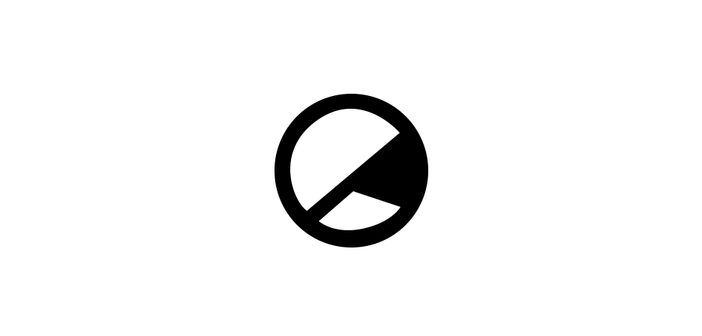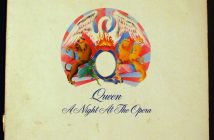The past few days within the YouTube community have turned apocalyptic, with the seemingly sudden implement of a censorship system on the popular video-sharing site.
YouTube has a set of guidelines in place to keep the site advertiser-friendly, preventing videos that include the following to receive income: “Sexually suggestive content including partial nudity and sexual humour, violence, including displays of serious injury and events related to violent extremism, inappropriate language including harassment, profanity and vulgar language, promotion of drugs and regulated substances, including selling, use and abuse of such items and controversial or sensitive subjects and events, including subjects related to war, political conflicts, natural disasters and tragedies even if graphic imagery is not shown.”
Looking at that list, you can see why a lot of content creators are in a state of crisis; as the majority of things covered there are covered in popular channels that revolve around news, criticism and gaming (i.e. The Young Turks and CowChop), all of which rely on ad revenue for income.
In turn, popular YouTubers have been voicing their dismay at losing income from their content, the hashtag #YouTubeIsOverParty began trending as a result, while YouTube have been denying any changes in their policy. But are content-creators and viewers blowing this all out of proportion? No, not really. At first glance it may seem like it, since this policy has been in implication for years; but YouTube haven’t had a notification system in effect…until now.
Videos regarding the censorship implications have been gaining traction; Philip DeFranco’s video has been viewed over 4 million times, alongside h3h3’s which has nearly reached 2 million. h3h3’s being sadly ironic due to channel creator Ethan thanking the site a couple of days before about YouTube believing that one of their videos was protected by fair use, therefore not going forward with taking down said video after a request to do so.
The frustration seems to stem from how YouTube have had this policy in effect, but failed to notify content creators when their videos have been demonetized. It’s all well and good now that YouTube are actually using a notification (and appeal) system, but what about before? Why wasn’t a notification put in place beforehand?
Ethan of h3h3 gave the example that he only knew that one of their videos was demonetized by the strange ratio between views and income a couple of years ago, making 1/10th of what it would usually make. He then goes on to state that it was the tags, titles and descriptions in said video that caused the demonetization which is extremely prevalent; as h3h3 were not caught up in this ‘censorship storm’ compared to channels such as DeFranco, who tagged explicit subjects that were relevant to news articles he was talking about in his videos.
YouTube have since issued a statement in regards to the matter: “While our policy of demonstrating videos due to advertiser-friendly concerns hasn’t changed, we’ve recently improved the notification and appeal process to ensure better communication […] to make it clearer to creators when a video is demonetised due to advertiser-friendly content concerns as well as to make it easy to appeal.”
If I’m completely honest, I’m in the same frame of mind as Ethan and Phil. I’m lost as to what YouTube are trying to do here, other than cause a mass amount of confusion and panic for content creators (and their fans), all the while preventing sustainable income due to miscommunication.
In the words of h3h3, “why doesn’t YouTube explain anything?”




